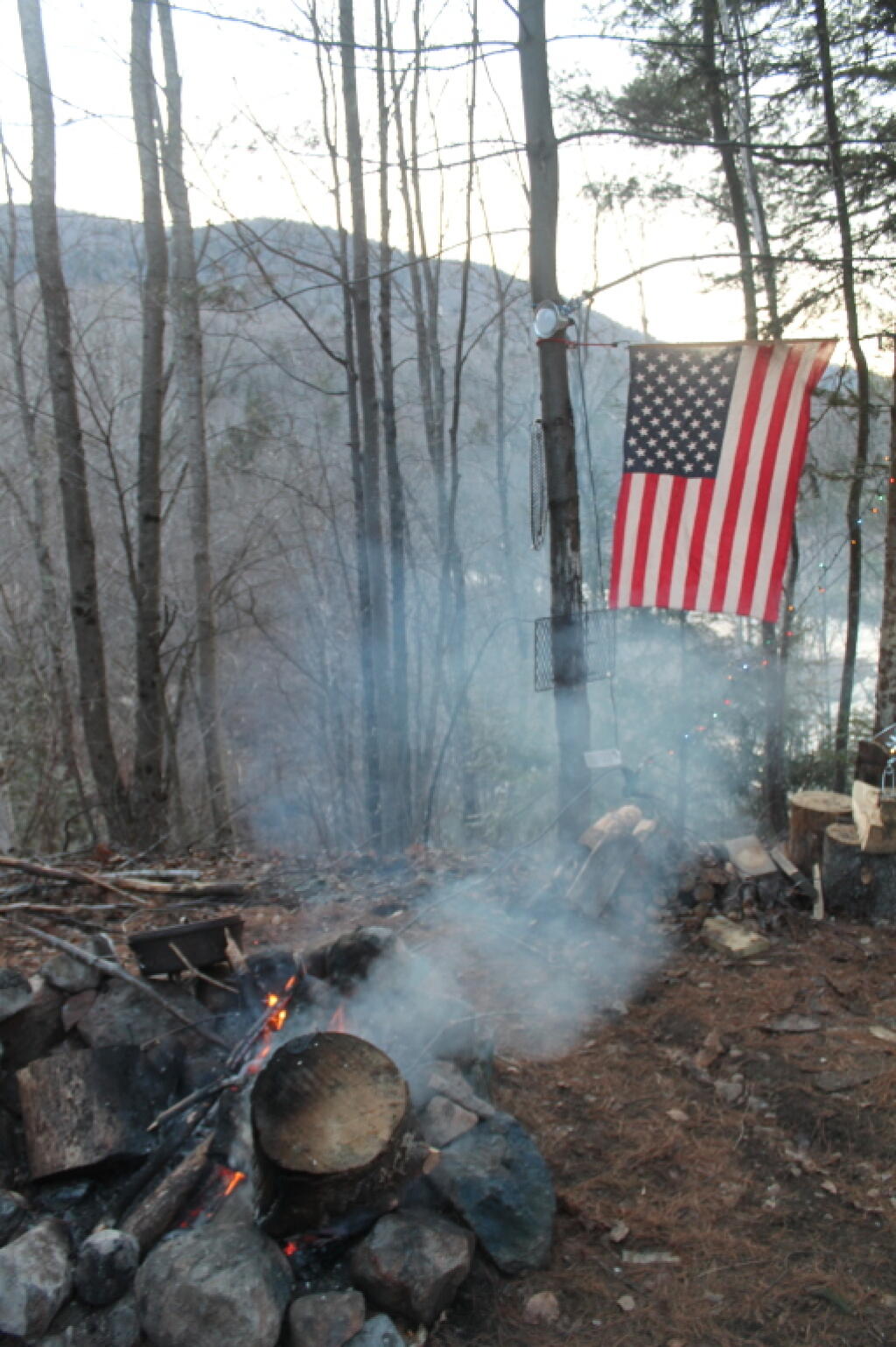Lately in our country, there has been a major push to legalize all kinds of formally banned substances and practices, in order to increase government revenue. The latest has been marijuana, with Massachusetts recently allowing heavily regulated businesses to sell over-priced recreational cannabis to consumers.
The stinky weed, can now be lawfully purchased in Massachusetts, although it would still be illegal to bring across state lines under federal law or possess in New York, at least for now. That’s expected to change. But just because something is lawful, does it mean one should smoke it? I say no.
For one, legal pot in Massachusetts is still very expensive for what you get. A joint or maybe two small ones, which is about a gram for $15-20 is pretty expensive. Even in a high-tax state like New York, a pack of 20-good quality regular cigarettes is less then that. Maybe only a few puffs is necessary for a non-user to get it’s mind-bending effects, but it’s still incredibly stinky nasty stuff, that certainly is no more healthy then smoking cigarettes. I know I’m not willing to spend that kind of money to just burn up.
I concede a drag on a regular cigarette or pint of beer once and while, isn’t the greatest expense ever. When the national ban on marijuana comes to an end, maybe prices will fall lower. That will be bad for people who abuse pot and consume large quantities of it, but it also might make it more affordable and in the reach of the rest of us.
Even with cheaper, legal pot, I really doubt I would ever smoke much. I don’t need the high from drugs, I don’t need the cost. But I think it might be fun on a long weekend, camping up in the wilderness, to have a toke or two. It might open my mind up to new experiences, find a new sense of relaxation. I’m certainly not rushing out to buy cannabis products at current prices but it’s something I’ll continue to monitor as the laws change.

